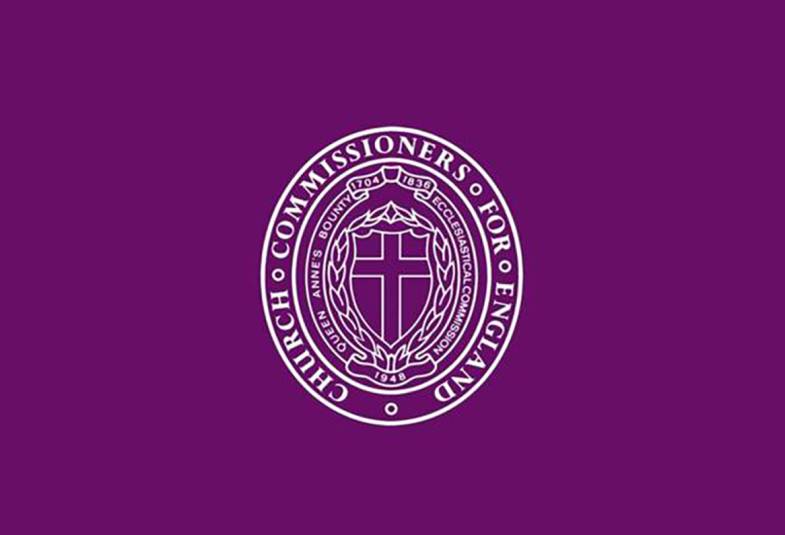10/03/2024
Archbishop Stephen writes in today's Sunday Times about the Fund for Healing, Repair and Justice. The article follows in full
Jesus teaches us in the scriptures that forgiveness has no limits. Nor is it an optional extra. At the heart of the Christian gospel is the call to be reconciled – to each other and to God.
The publication this week of a report by an independent Oversight Group advising the Church Commissioners on how to respond to links to enslavement has created an opportunity to focus on a future filled with healing, reconciliation, justice and repair. For that’s what you need to do when you know things have gone wrong.
This year the Church Commissioners is spending in excess of £400 million on mission and ministry across the Church of England. Over nine years that is a commitment to spend £3.6 billion. In addition, it has committed £100 million to create a fund for healing, repair and justice. This has attracted some negative comments.
Couldn’t this money have been spent on poor parishes? Well, yes it could. But by creating this fund, the Church of England is acknowledging a shameful chapter in our collective history.
We know that the endowment now looked after by the Church Commissioners invested in the transatlantic chattel slave trade. This fills us with horror. So much so that we could conclude (and perhaps previously would have done) that nothing can be done. It’s all too late.
But can we respond?
After much prayerful consultation, not least with the descendants of those who were themselves enslaved, we have come to believe that the best way of responding is to create a fund that will build a better future. Some argue £100 million isn’t enough. However, if others join us and catch hold of this vision, this is something that can make an even bigger, lasting difference in our world. Moreover, it will benefit every parish in the country. It will send out a message that the Church of England is serious about justice, and serious about the gospel of Jesus Christ, and that we are called to do what is right and not simply to take care of ourselves.
However, it is right that people have questions about where this money is coming from. To be clear: none of the money given to a parish church will be used for this fund and none of the money will come from parish income. The money for this initiative will come from an endowment that invested in and profited from a wicked and inhuman enterprise.
Meanwhile, the Church Commissioners will continue to fund mission and ministry across the Church of England, and we remain rightly grateful for the huge generosity of many people who support ministry in their local church. But this new fund says something else. It expands our horizons. It shows the Christian faith making a difference for justice in the world, and it invites others to examine their own balance sheets.
The ambition is for the Fund for Healing, Repair and Justice to get to £1 billion. In order to do this we need others who have also profited from enslavement to join us.
Obviously, no amount of money will ever be enough to repair the horrors of the past, but to do nothing when we have the opportunity to act would mean we fail to be a Church that looks like Jesus Christ, a church which loves justice, which seeks reconciliation, which binds up the wounds of those who are hurting.
We celebrate with our sisters and brothers of African descent that we are one in Christ and it is a good thing that the joy of the gospel has been shared throughout the world, even if the way this was done was not without question. While terrible things were done in the age of slavery and empire, Christians including Anglicans also spread the gospel of love. And as I said to the General Synod recently: humans beings were then, and continue today, to be treated as commodities, being owned and traded. This not only falls short of the new humanity we have in Christ, it denies and contradicts it. Those who are descended from the enslaved, our Christian sisters and brothers, cry out for justice; for a Christian response to the inter-generational trauma and systemic disadvantage that many continue to experience today.
So when people ask me if we are wasting money which could be better spent serving our churches, I answer: this work is serving our churches. This fund isan expression of what it means to follow Jesus. It is what his challenge to love and forgive requires of us. Or as the prophet Micah put it: to do justice, love mercy, and walk humbly with your God.
